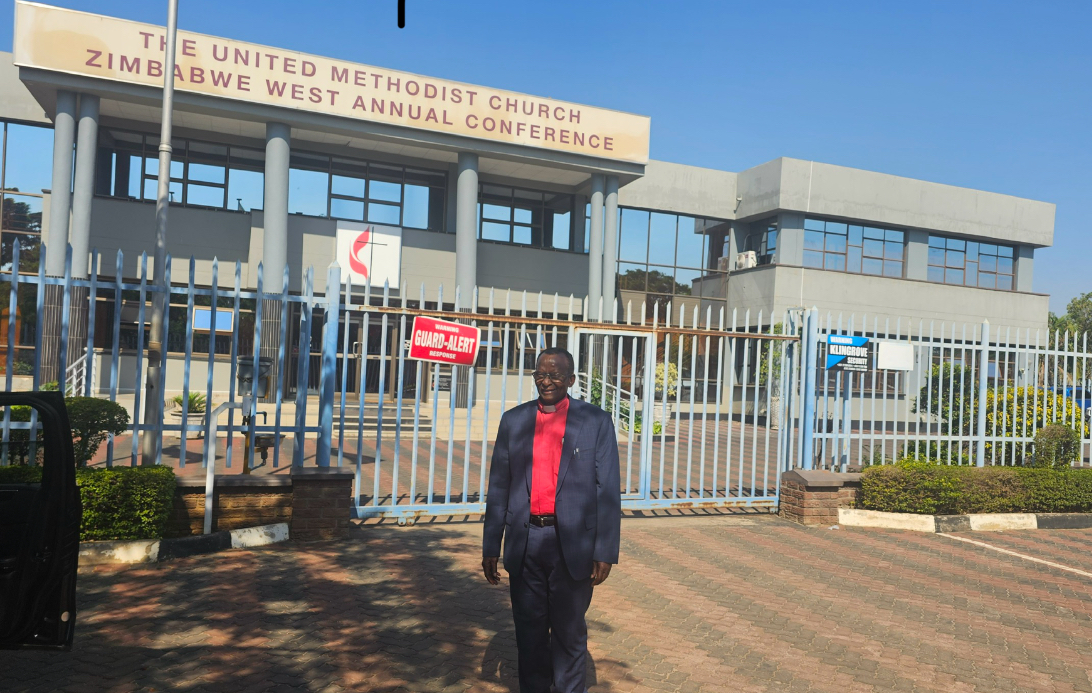Steadfast Magora
Harare, Zimbabwe- October 21, 2024
In a bold and controversial move, Reverend Gwinyai Muzorewa, President of the United African National Council (UANC), has officially denounced homosexuality, labeling it as a “cultural and spiritual genocide” being imposed by the Western Church.
His remarks, delivered in a letter to Bishop Nhiwatiwa at the United Methodist Church (UMC) Headquarters in Harare yesterday, come in response to the UMC’s recent decision to allow homosexuality within its ranks, effective May 3, 2024.
The letter challenges the 2024 General Conference resolutions, which include allowing homosexuality in the worldwide UMC, ratifying regionalization by Annual Conferences starting in 2024, and stipulating that regions lack the power to amend or overturn the authorization of homosexuality.
Muzorewa’s letter expressed concern over the implications of these decisions for Zimbabwean United Methodist members.
Muzorewa argued that they should have the democratic right to choose their stance on homosexuality, rather than be subjected to the dictates of Western ideologies. “This letter comes to you after both Zimbabwe annual conferences expressed respect to you on 12 and 19 October. Why ruin your legacy?” he wrote. “In my humble opinion, honoring this request leaves you with a great legacy of allowing Zimbabwean Christians their God-given right to decide and exercise their conscience instead of forcing them to abide by the Western world’s decision.”
The Reverend’s statements resonate with the prevailing sentiments in many African countries, where homosexuality is widely viewed as an abomination and is criminalized in Zimbabwe. The UMC’s decision to embrace homosexuality has been met with shock and outrage among African congregants, who fear that such policies undermine their cultural and spiritual values.
Muzorewa’s denouncement has sparked a heated debate within the church and broader society, raising questions about the intersection of faith, culture, and human rights. As the UMC navigates this contentious issue, the call for a more localized approach to decision-making in relation to homosexuality is likely to intensify, reflecting the growing divide between traditional African beliefs and progressive Western ideologies.

